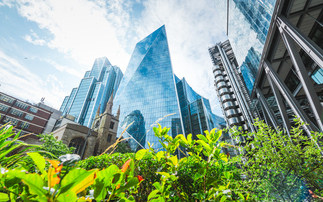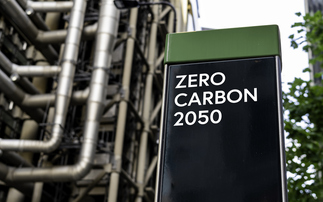Businesses of all shapes and sizes can embrace eco-friendly ways of working
The eco-friendliness of a business has taken an increasingly important role for young people in recent years, with many job seekers actively avoiding companies who don't take sustainability into consideration....
To continue reading this article...
Join BusinessGreen
In just a few clicks you can start your free BusinessGreen Lite membership for 12 months, providing you access to:
- Three complimentary articles per month covering the latest real-time news, analysis, and opinion from Europe’s leading source of information on the Green economy and business
- Receive important and breaking news stories via our daily news alert
- Our weekly newsletter with the best of the week’s green business news and analysis







